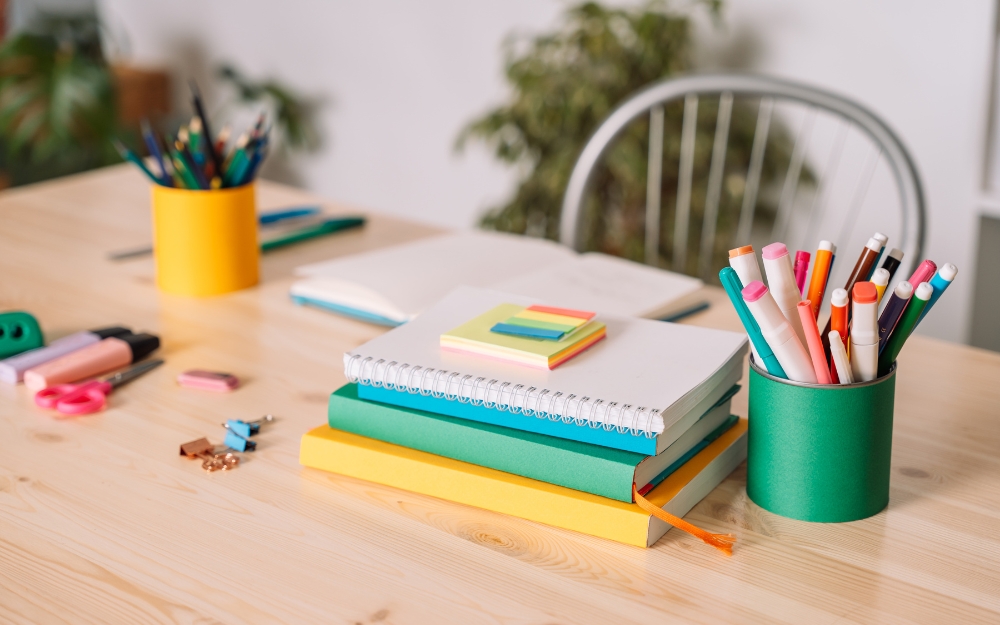After “Mummy”, “Daddy” and “no”, one word can feature prominently in a toddler’s vocabulary – “mine!”.
Sharing is something many toddlers aren’t very good at – in fact it’s a concept most of them find hard to grasp. A two-year-old may think that handing a favourite toy over to somebody else means they might never get it back, while sharing yummy food can feel like they’re being deprived of a treat.
It can be very easy to get frustrated with a toddler who refuses to share, especially if they are screeching “mine!” in front of other people. But snapping at them isn’t going to help, either in the short or long term. Sharing is a learned activity that takes some time to master, but there’s a lot you can do to help them.
Be realistic
Toddlers are naturally possessive. Growing children have attachments to things as well as people, which is a normal part of development. Don’t expect a child under about two-and-a-half to understand sharing. A three or four-year-old may be more prepared to hand over items, especially if they’ve repeatedly seen that sharing doesn’t mean giving up things for good. Depending on their temperament, a five-year-old may also have difficulty relinquishing certain objects, particularly those that are precious. By the time they reach six, most children are capable of empathy and can understand that sharing can make other people happy.
Don’t force them
They don’t understand why they have to share. Getting cross with them is only going to make them upset and they’ll associate being told to share with being unhappy. By all means try to distract them if you can – for example, offer them another toy if they are refusing to give up the particular thing they’re playing with to someone else – but if this tactic doesn’t work, don’t grab the disputed object off them.
**Praise them
**Even if they hand over their prized possession reluctantly, thank them for doing it and offer lots of praise. Don’t just tell them they’re good; explain that their action in sharing a toy has made someone else happy. Likewise, when somebody shares something with them, point out how good it makes them feel to be given something, even temporarily. For really small children, just showing a possession to another child or letting them touch it (but not actually handing it over) can be a big step in the right direction and they should be praised for this.
Practise sharing
One way to get your child used to sharing is to start doing it when they are very young. Once they can grasp an object, ask them to please pass it to you, hold it for a short time, then pass it back. Say, “My turn, your turn”, and thank them for sharing with you. This will help them to learn about taking turns. Other ways of learning this include taking it in turns to stack blocks on top of each other or turn the pages in a book. Once they’ve grasped this, you can remind them that sharing means taking turns, not giving something up for good.
Lead by example
Children learn by watching what you do. Make sure they see you sharing with other people and that you are happy to do it. Also share with them – share your comfy chair, ask if they’d like to wear your nice, soft scarf for a while and offer them some of your ice cream. Tell them that you like sharing things with them. The more generous you are, the more generous they are likely to be.
More sharing tips:
If you have a child aged three or older who understands they are meant to share but isn’t happy about doing it, whenever they have friends over to play keep an egg timer on hand or set your phone to bleep after a couple of minutes. When the time is up, it’s your child’s turn to hand over the toy.
If there are favourite toys your child is really possessive about, get them to put these away before other children come over to play. The deal is that they don’t have to share those toys, but they do have to share everything else that is left out.
If you have an older child who is stubbornly refusing to share an item and should know better, take it away while they have company. Tell them that if they won’t share it, then it is not fair for them to play with it in front of other people.
Keep playdates short. Expecting two-year-olds to share and play nicely for more than a hour or two can be asking for trouble.




